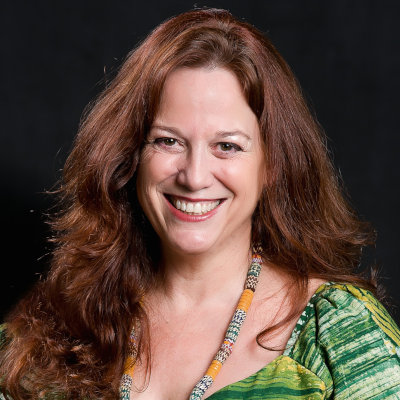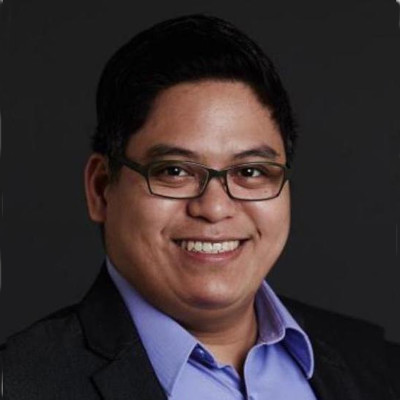
“This Time for Africa!” Stories on Cultural Management in Africa
How has the role of cultural managers in Africa evolved over the past decade, and what factors have driven this transformation?
Synopsis: Cultural management in Africa is currently undergoing a revival as more people recognise the centrality of cultural managers in their creative sector to make work for others, to run theatres or dance companies, to host exhibitions, to organise festivals, to manage incubator or co-working spaces, to facilitate access to markets, or to publicise and market these. Art managers or cultural managers are increasingly recognised as key to a sustainable cultural and creative economy. What is less understood is the need for these mobile, adaptable creative workers to be able to integrate a patchwork of contract, part-time, self-employment in this labour market and the need for a wider skill set that focuses on higher order meta-work skills for these precarious careers. This talk will shine a spotlight on cultural managers from across Africa that inspire precisely because of the multiple capabilities they use to lead their organisations.
This event is free and open to the public.

Avril Joffe
Speaker
Avril Joffe is an associate researcher and UNESCO Chair in Cultural Entrepreneurship and Policy in the Cultural Policy and Management Department at the Wits School of Arts, University of the Witwatersrand in Johannesburg. She is an economic sociologist with independent professional research experience in the field of cultural policy, culture and development and the cultural economy. Avril works at the intersection of academia and practice in fields such as culture in urban life, culture and the cultural economy in realising a just and sustainable development, fairness in international cultural cooperation, decent work and the rights and status of artists and cultural professionals as well as teaching pedagogy for post graduate studies in the cultural economy. Avril is an active member of UNESCO’s Panel of Experts for Cultural Policy and Governance, the Global Creative Economy Council, the International Cultural Relations Research Alliance and on the external international advisory panel for the Horizon Europe programme IN SITU - Place-based innovation of cultural and creative industries in non-urban areas coordinated by the Centre for Social Studies at the University of Coimbra, Portugal. Recent public research related to inequality includes Informality and the cultural economy in the Global South, the Not a Toolkit for EUNIC’s Fair Collaboration project, Promoting Decent Work for the African Cultural and Creative Economy for the ILO and China’s Institutional Cultural Engagement in Africa for Ifa.

Jason Vitorillo
Moderator
Jason Vitorillo has been in the academe for over ten years. He was previously the Chair of the Arts Management Program of the School of Design and Arts, De La Salle-College of Saint Benilde in Manila. He also served as the Lecturer-in-Charge of the BA(Hons) Arts Management Programme of LASALLE College of the Arts, Singapore from 2016 - 2021. He holds an MA in Arts Administration from Teachers College, Columbia University in New York. Jason published an essay entitled, Whose governance, whose good? Cultural Policy and Governance in the Philippines, in the special issue “Democratizing Arts”, Arts & International Affairs Journal in 2020. He also co-authored a chapter on Safeguarding Intangible Cultural Heritage in the Philippines for the Routledge Handbook of Cultural and Creative Industries in Asia in 2018. He has been a resource speaker and coach on Public and Cultural Diplomacy: Promoting Philippine Culture for the Foreign Service Institute, Carlos P. Romulo School of Diplomacy in the Philippines from 2022 - 2023. His research interests include international cultural policy, cultural governance and democracy, models of arts funding, audience development and engagement, arts and cultural management education, and the intangible cultural heritage of indigenous communities.